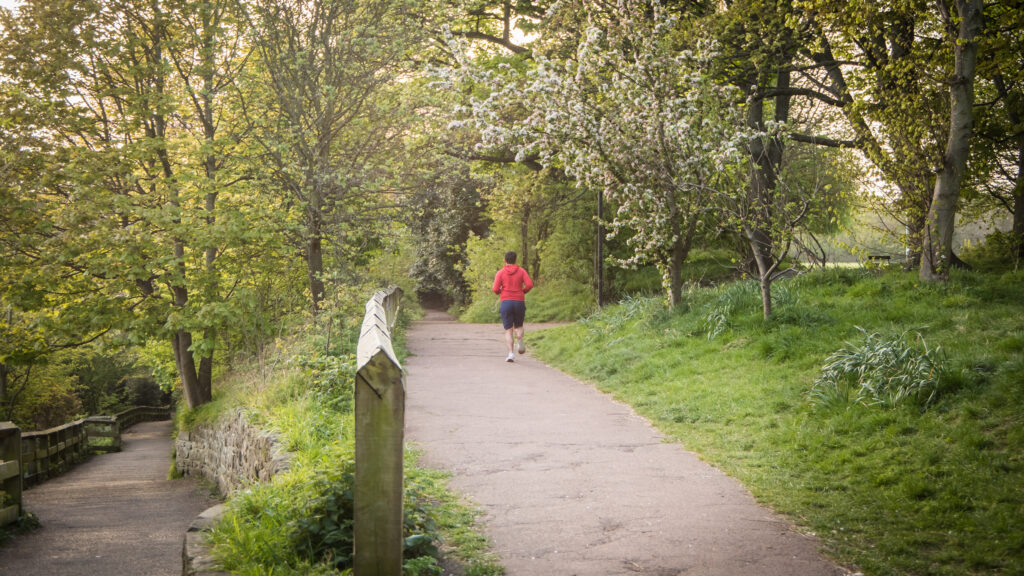In 2019, Urban Green Newcastle inherited parks and allotments that were in need of significant investment, due to a prolonged period of austerity and subsequent funding cuts by the Council. There had been limited tree maintenance over the previous decade, play area equipment was nearing end of life, and many of the buildings Urban Green Newcastle inherited were empty, derelict, or needing major repair and refurbishment. At the same time, systems and processes that had previously been in place to manage the parks and allotments safely had slipped prior to transfer.
From the outset Trustees made health and safety a key priority, ensuring that parks and allotments were safe for visitors and users. They took expert advice, developed and strengthened policies and systems, and trained staff, partners and volunteers.
Tree safety
With more than 450,000 trees under its care – two-thirds of the city’s stock – tree safety and maintenance was a major priority. Urban Green Newcastle introduced new standards, reviewed these in 2023 in conjunction with the Visitor Safety Group and National Tree Safety Group, and consolidated it into the charity’s Tree Policy in 2024.
By 2025, more than £550,000 had been spent on improvements. Conscious of public concern around the removal of mature trees, park users were kept informed via an extensive public information programme – an approach commended by Green Flag judges.
The extreme winter storms of 2021/2 resulted in the loss of over 500 trees across Newcastle’s parks, and put the charity under tremendous strain. Working in partnership with Newcastle City Council, Urban Green Newcastle responded quickly to ensure that parks and allotments continued to be safe for visitors. The lessons learned helped establish clear procedures for severe weather events, which proved invaluable going forward.
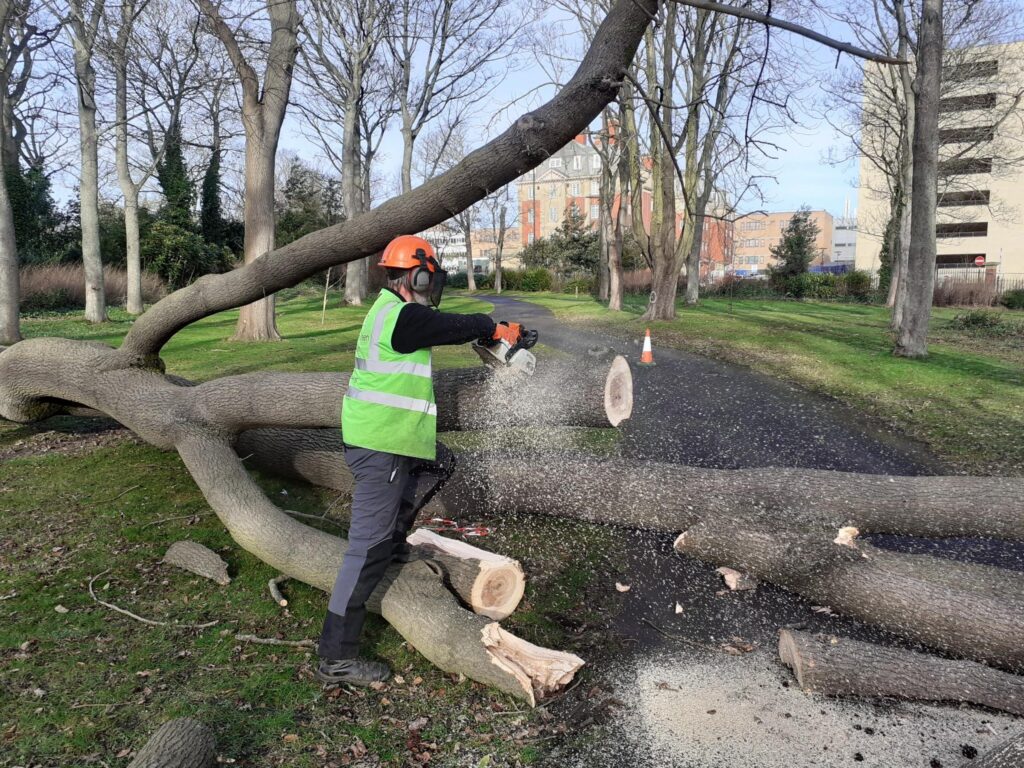
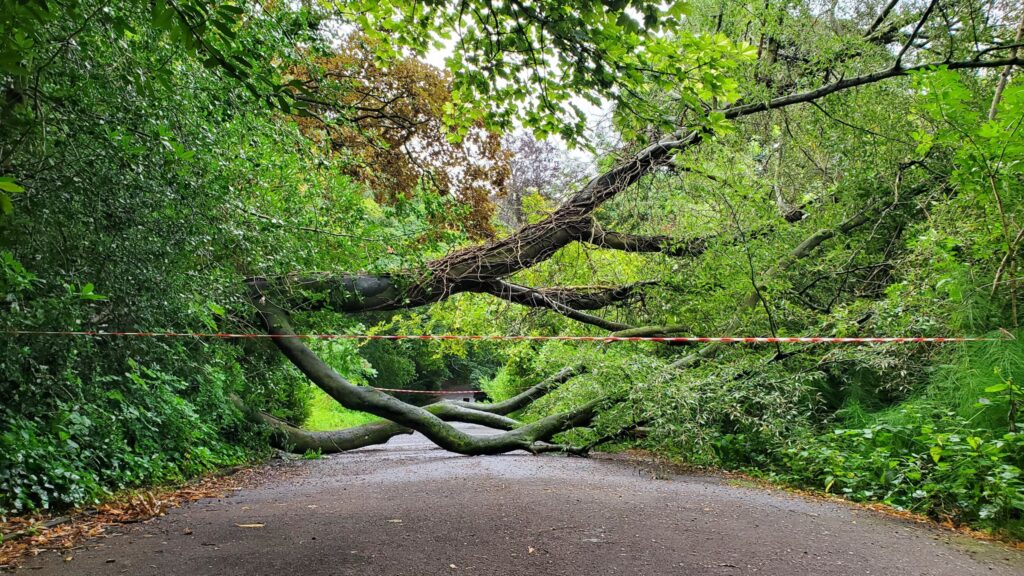
Play area safety
Urban Green Newcastle inherited a range of play and sports areas in 2019 – the majority of which were nearing the end of their natural life. Around £3 million was needed to upgrade them all and provide more sustainable, inclusive and accessible play opportunities. Working with communities and partners, the charity started fundraising in parks such as Gosforth Central Park and Leazes Park.
Play equipment is extremely vulnerable to both daily wear-and-tear, and deliberate damage. By 2025, the charity had invested over £550,000 in capital improvement works to repair equipment and keep play areas open. It also changed the way in which play inspection and repairs were carried out in 2021, resulting in an immediate saving of £70,000 and more rapid and responsive maintenance.
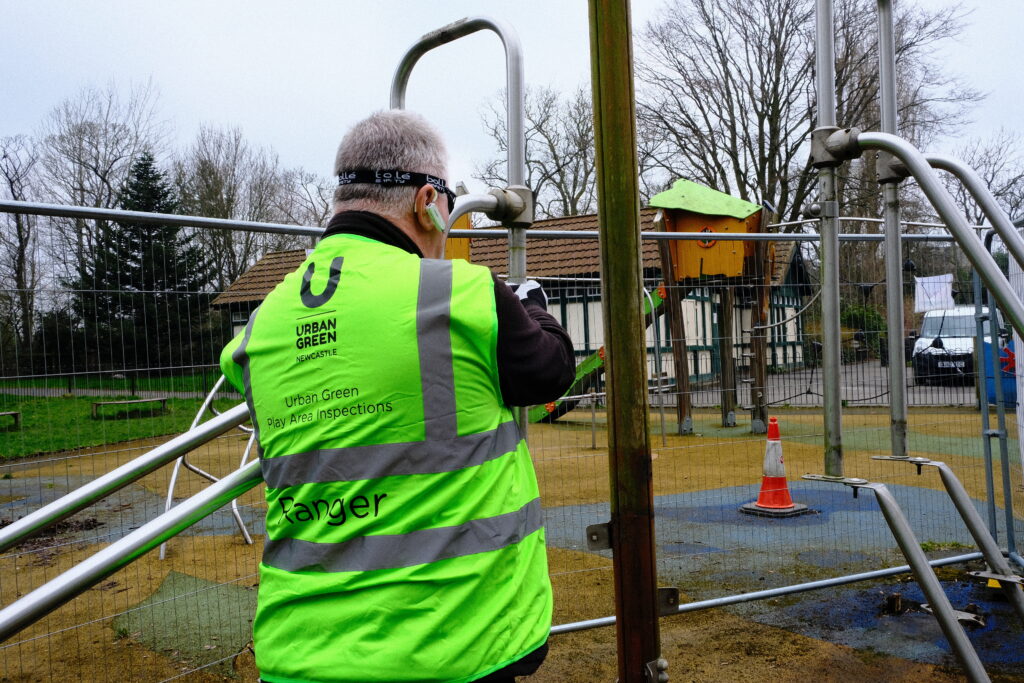
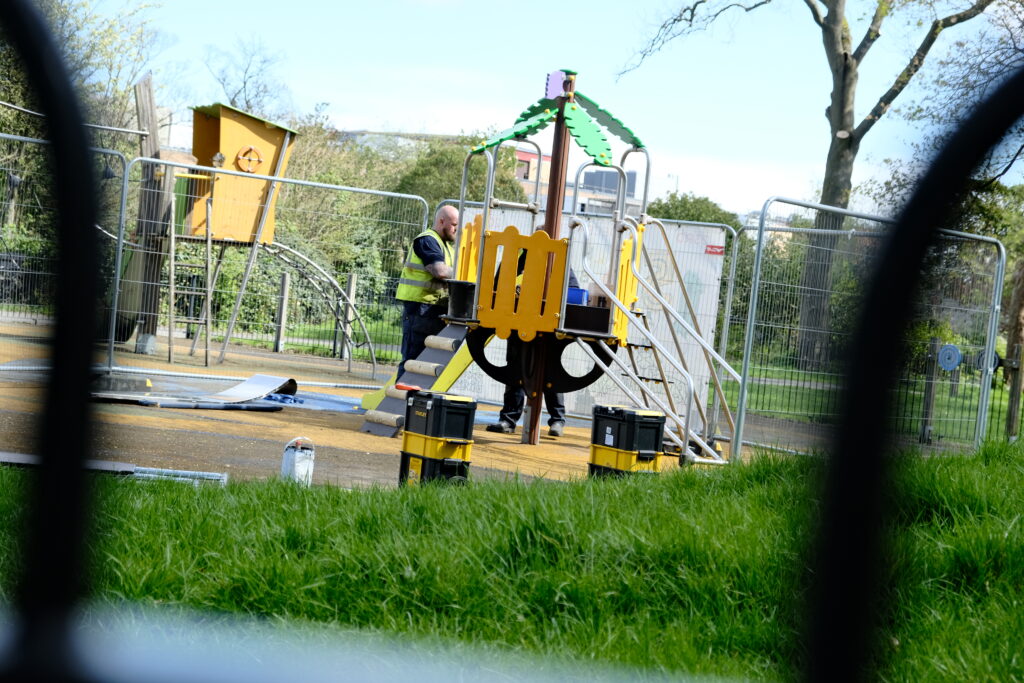
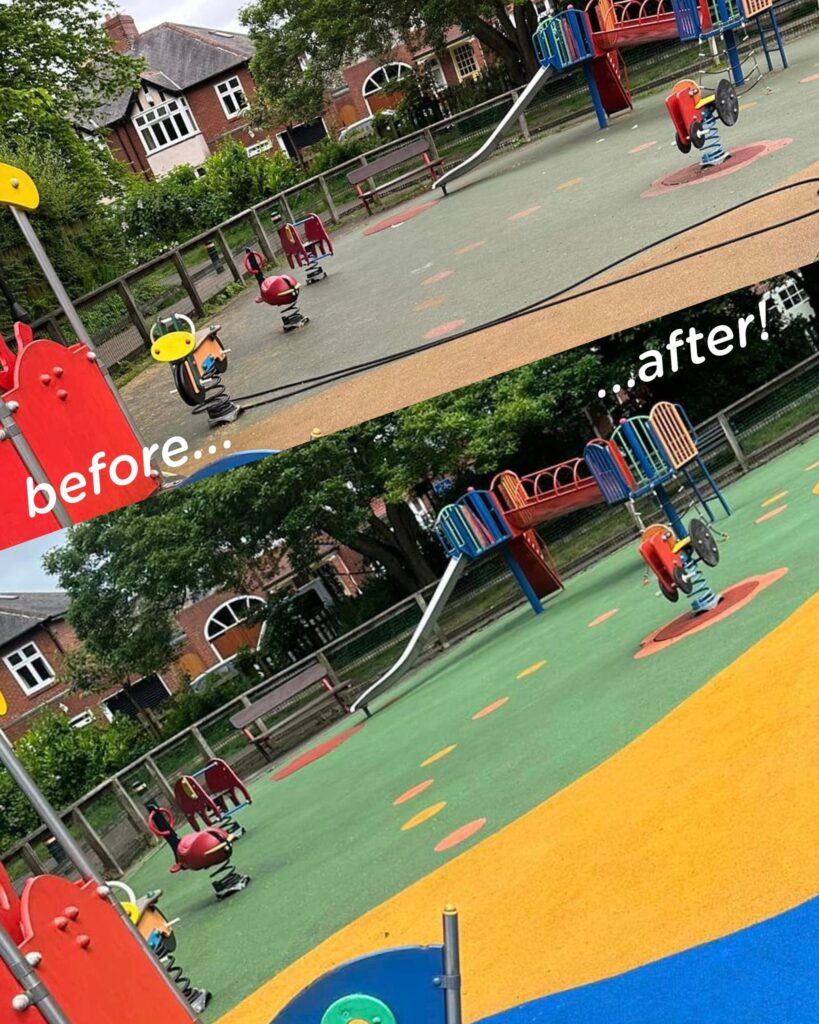
Alongside play, Urban Green Newcastle also recognised the importance of sports and activities. Through funding agreements and close partnership working, Urban Green Newcastle improved the standard of pitches. The charity also contracted out the maintenance of tennis courts following their refurbishment in 2024. Further improvements were planned for 2024/5, but put on hold due to the transfer back to the Council.
Water safety
Newcastle’s parks and allotments contain a range of open water sites – ranging from the River Tyne, burns, recreational lakes and wildlife ponds. Limited control measures were in place in 2019, so recognising the risks posed by these areas, Urban Green Newcastle worked with the Royal Life Saving Society and Tyne and Wear Fire and Rescue Services to improve the extent and siting of Public Rescue Equipment.
Many allotment sites across the city also contain open water. Through the updated Allotments Handbook and improved tenancy agreements, Urban Green Newcastle ensured that health and safety considerations were properly covered on all sites.
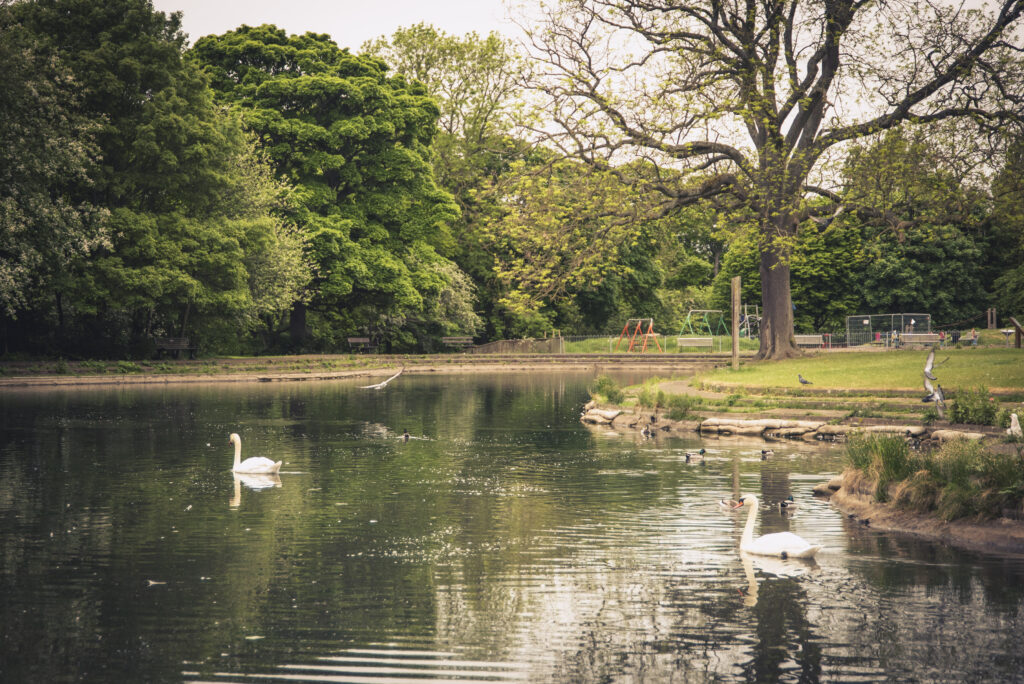
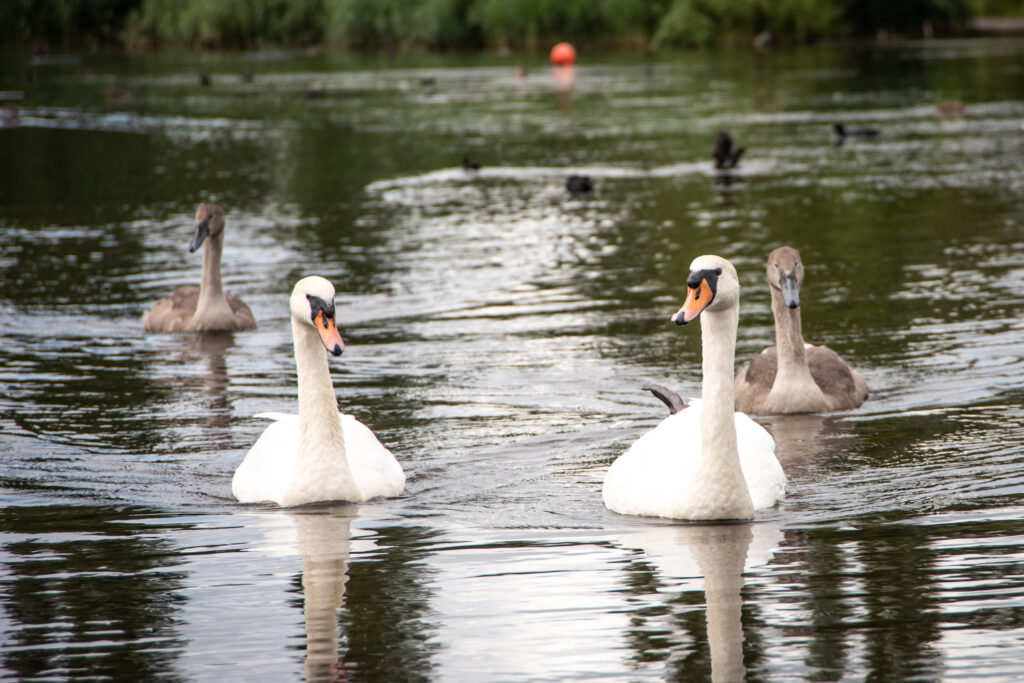
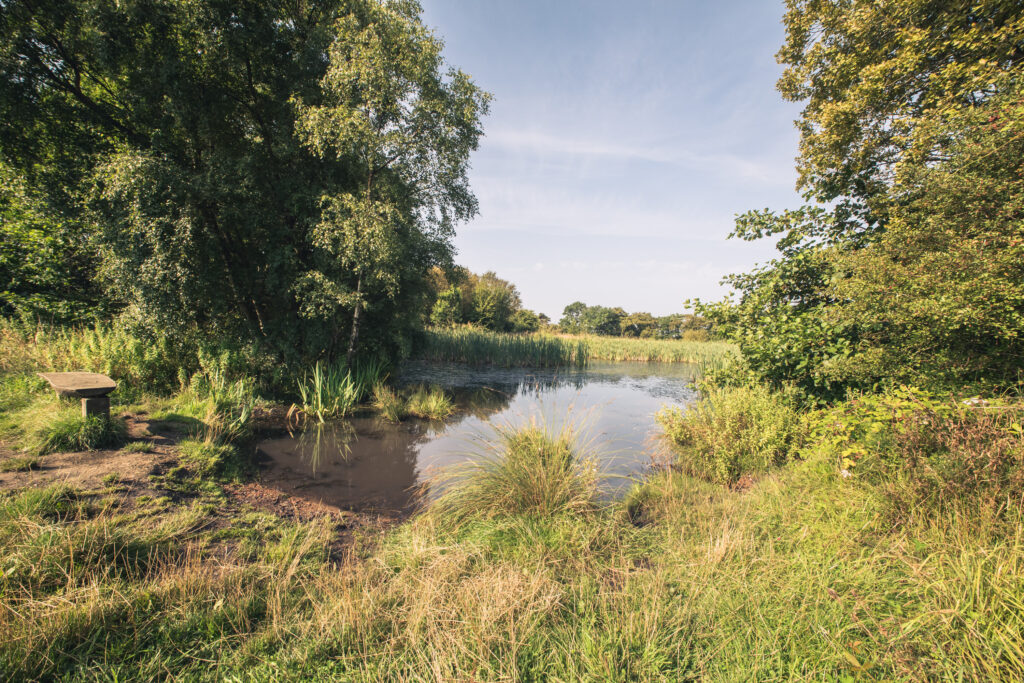
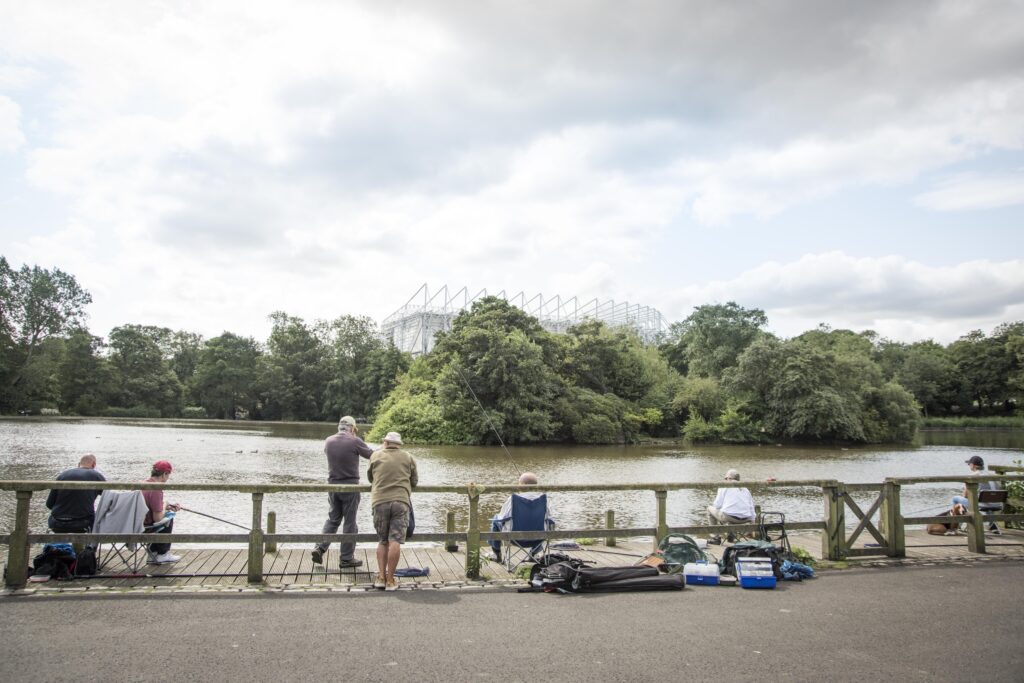
Visitor safety
Managing over 520 hectares of public land, it was imperative that Urban Green Newcastle kept sites, staff and visitors safe. With limited systems in place at transfer, Urban Green Newcastle worked extensively with the Visitor Safety Group and specialist consultants to introduce a range of standards and controls for routine maintenance. A Visitor Safety Risk Assessment process was developed, promoting a sensible and proportionate approach to maintaining access while managing risks and being sensitive to the environment and surroundings.
The charity was proud to have received numerous comments from park users noting the uplift in parks maintenance and the visible improvements on the ground.
“Thank you @urbangreenncl. You’ve done great work on the green space in the city.”
Social Media User
“Thanks Urban Green, I hope your legacy of work will continue”
Social Media User
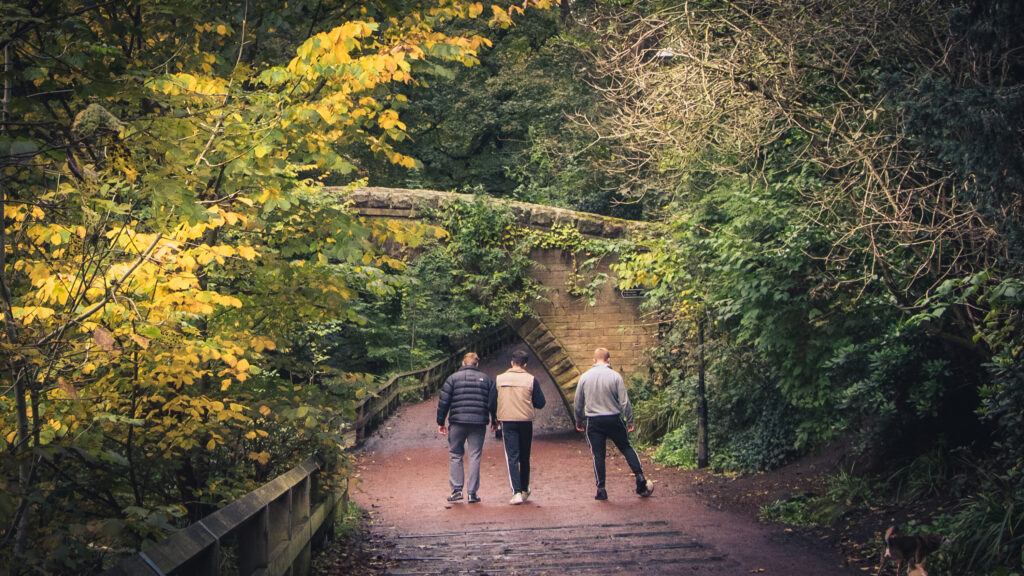
Safety of buildings
Given the mixed condition of the 57 park buildings, a review was commissioned by the charity to inform the priorities for maintenance, repair and future use. A compliance tracker was implemented to improve management of the properties, and priority was placed on bringing some of the 23 vacant buildings back into use. By 2025, the charity was delighted that 10 of those buildings had been refurbished and were back in use, helping to increase income, benefit local people, and breathe life back into the parks.
A number of the buildings that Urban Green inherited from the Council required more extensive works, which were beyond the skills and resources of the charity. The focus was therefore to keep the buildings secure and prevent further deterioration until funding sources could be established.
Buildings in this category included:
- Deep Dene House (often referred to as Fisherman’s Lodge) in Jesmond Dene, which was damaged by a substantial fire in 2016. Funding was secured in 2024 from the Reece Foundation and National Lottery Heritage Fund to commence feasibility studies for the building, but the Council has not been able to pursue this.
- The Banqueting Hall in Jesmond Dene, which is a Grade II Listed property that Lord Armstrong used to entertain guests and dignitaries. This building is partially occupied but in need of substantial investment to realise its full potential.
- Western Lodge in Leazes Park, which was the farmer Park Keepers Lodge. This building has sadly deteriorated to the point where demolition is the only viable option.
